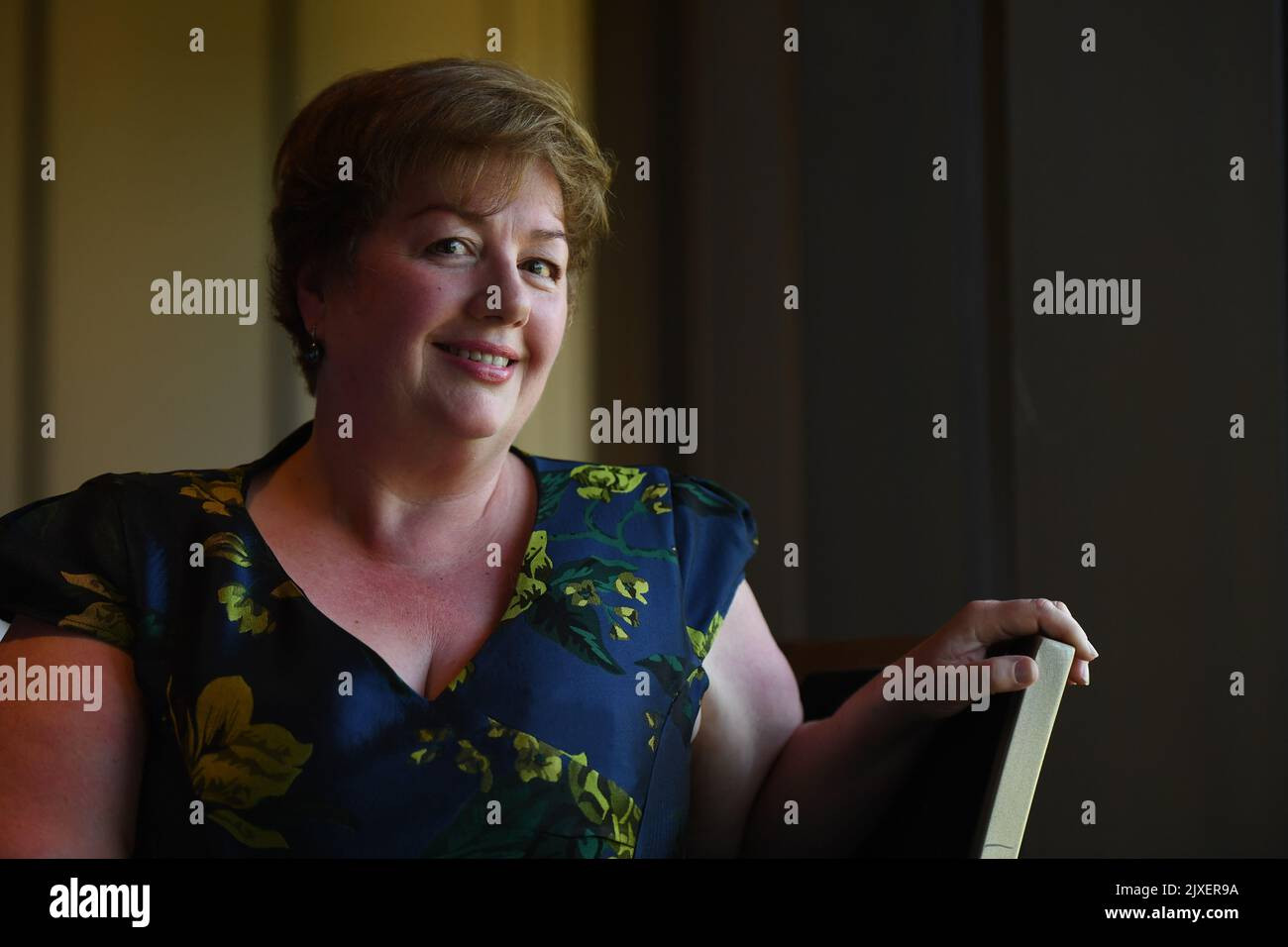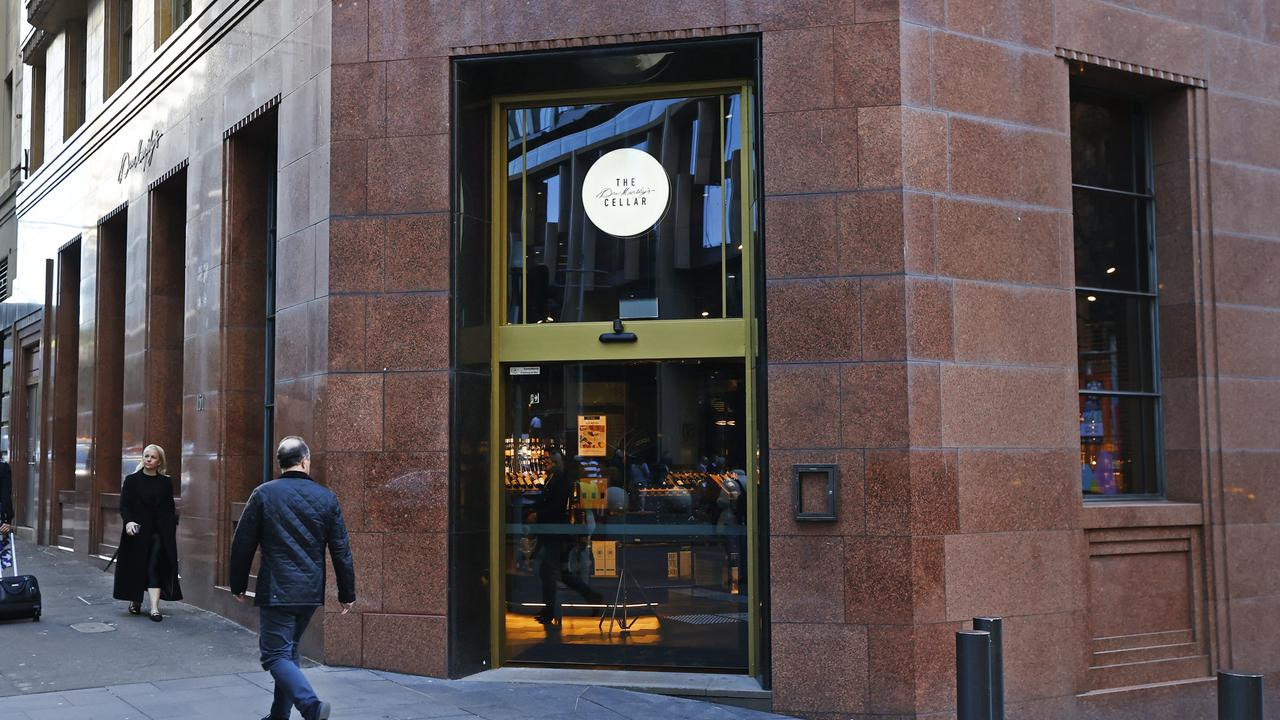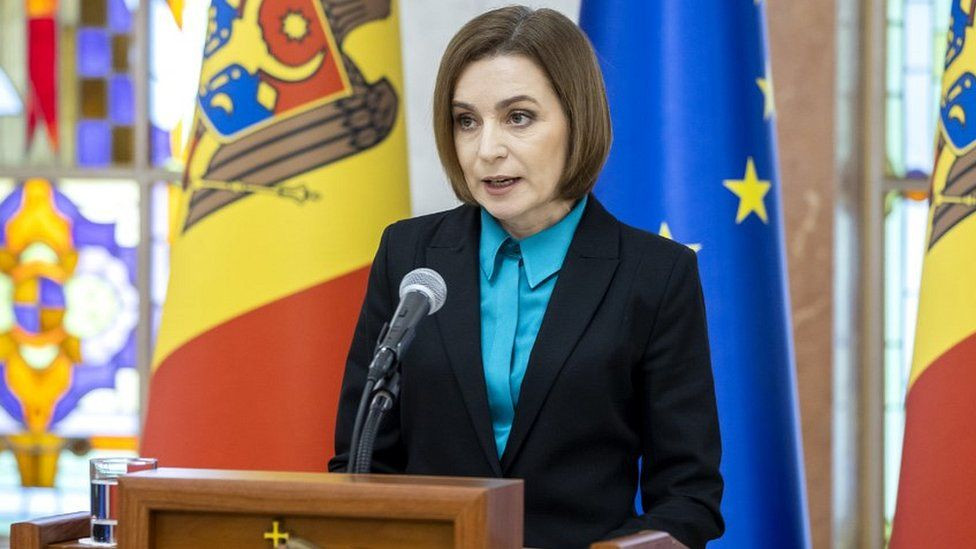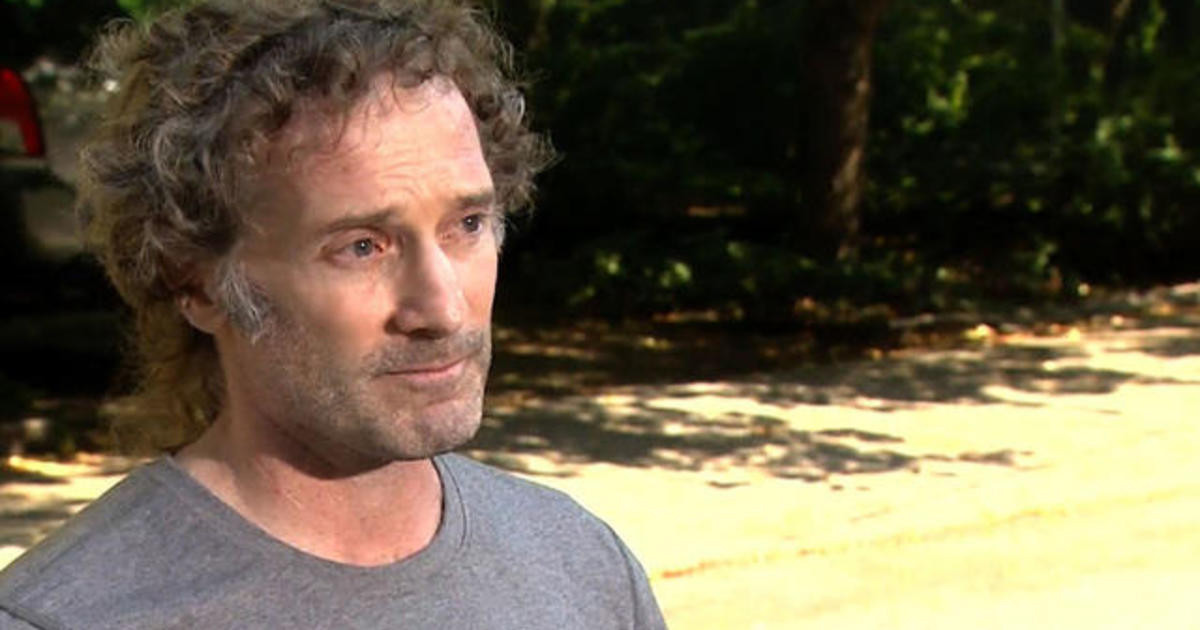It started as a beautiful summer morning, warm and sunny, but ended as one of the darkest days in Australia’s history. December 15, 2014, is indelibly seared into the nation’s psyche as the moment when terrorism came to the heart of Sydney. Ten years later, the scars remain. This Sunday, a powerful special edition of 60 MINUTES, hosted by Peter Overton, commemorates the 17 hours of terror at the Lindt Café siege.
The Siege: A Nation's Trauma
At 8:33 am on that horrific day, lone-wolf gunman Man Haron Monis, claiming allegiance to Islamic State, stormed the popular Lindt Café. He took 18 innocent people hostage, threatening to shoot them and detonate bombs planted around the city. The siege stretched into a harrowing 17 hours, finally ending at 2:13 am the following morning. The outcome was tragic: the terrorist was dead, and two hostages, Tori Johnson and Katrina Dawson, lost their lives. The ordeal left an indelible mark on the nation and its people.
Recollections of Survivors and Leaders
This 60 Minutes special weaves together poignant accounts from survivors trapped within the café, police officers involved in the dramatic rescue operation, and political figures who grappled with the crisis. It's a testament to their collective bravery, highlighting how the siege continues to impact their lives a decade later. The program also serves as a tribute to the victims, urging us to learn from the painful events to prevent similar tragedies in the future. The show explores the personal struggles of those directly affected by the ordeal. This includes the emotional scars endured by survivors and the lingering trauma faced by police and political leaders.
The Emotional Toll: PTSD and Healing
Former NSW Premier Mike Baird, who played a crucial role during the siege, candidly shares his personal struggle with PTSD in the wake of the events. "Everyone just wanted them out. And you know, for it not to happen, there's a deep grief in that. And I think the impact is felt by everyone," Baird reflects, acknowledging the profound and lasting impact on himself and the nation. He confesses to feeling immense guilt and initially ignoring the symptoms. Only after his mother, a psychologist, noticed the signs of PTSD did he finally seek help, illustrating the importance of acknowledging mental health challenges, especially in high-pressure situations. Baird's experience also underscores the need for support systems and professional help to overcome such trauma.
The Siege's Enduring Legacy
Louisa Hope, a survivor of the Lindt Café siege, shares her story of survival and her journey toward healing. "For me personally it does not go away, but it is the thing that pushes me to continue to find the good or to find a good out of that awful situation," she states. Her resilience mirrors that of many survivors who have found strength in helping others. Hope's establishment of the Louisa Hope Fund for nurses, a testament to her commitment to healing, demonstrates the remarkable capacity for good even in the face of unimaginable trauma. The program highlights similar acts of social impact and community engagement that have sprung from the shared pain and experience.
Reflections and Lessons Learned
The program offers invaluable insight into the police response, revealing that authorities were drastically unprepared for the evolving nature of terrorism. NSW Police Deputy Commissioner David Hudson openly acknowledges their shortcomings, stating, "The [security] environment was changing significantly, very quickly...Our inability to adapt to the situation and the evolving environment put us behind the eight-ball." This frank admission emphasizes the critical need for continuous adaptation and improvement in counter-terrorism strategies. The program also features interviews with Katrina Dawson's family, who express their grief and raise questions about the police's decision-making during the siege. They express concerns and highlight areas for improvement in handling future such crises. The program underlines the importance of a thorough review and continuous improvement in crisis response and negotiation techniques.
A Decade of Reflection: The Lindt Café Siege's Unfading Impact
Ten years after the Lindt Café siege, the impact of this horrific event continues to resonate. This 60 Minutes special is not just a recounting of events; it's a profound exploration of resilience, grief, and the ongoing quest for healing. The stories shared serve as a poignant reminder of the human cost of terrorism and the need for collective vigilance in safeguarding against future threats. It's a deeply moving testament to the strength of the human spirit, the importance of remembering, and the urgent need to learn from the past to secure a safer future. The memories of Tori Johnson and Katrina Dawson, and the countless others affected, will forever remain etched in Australia's collective consciousness, serving as a stark reminder of the fragility of life and the enduring human cost of violence.
Remember, if you or someone you know needs support, help is available 24/7. Call Lifeline on 13 11 14.



















